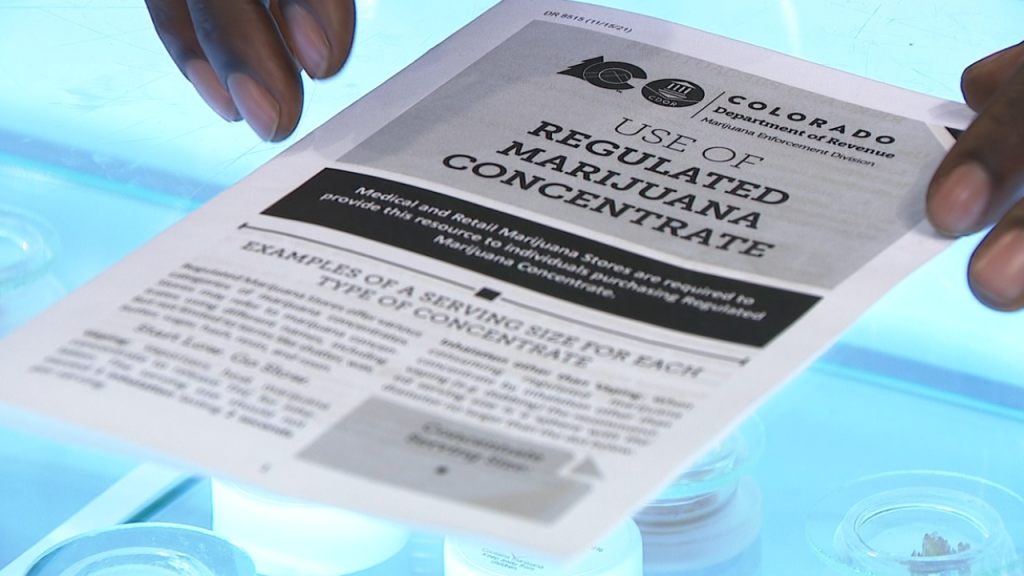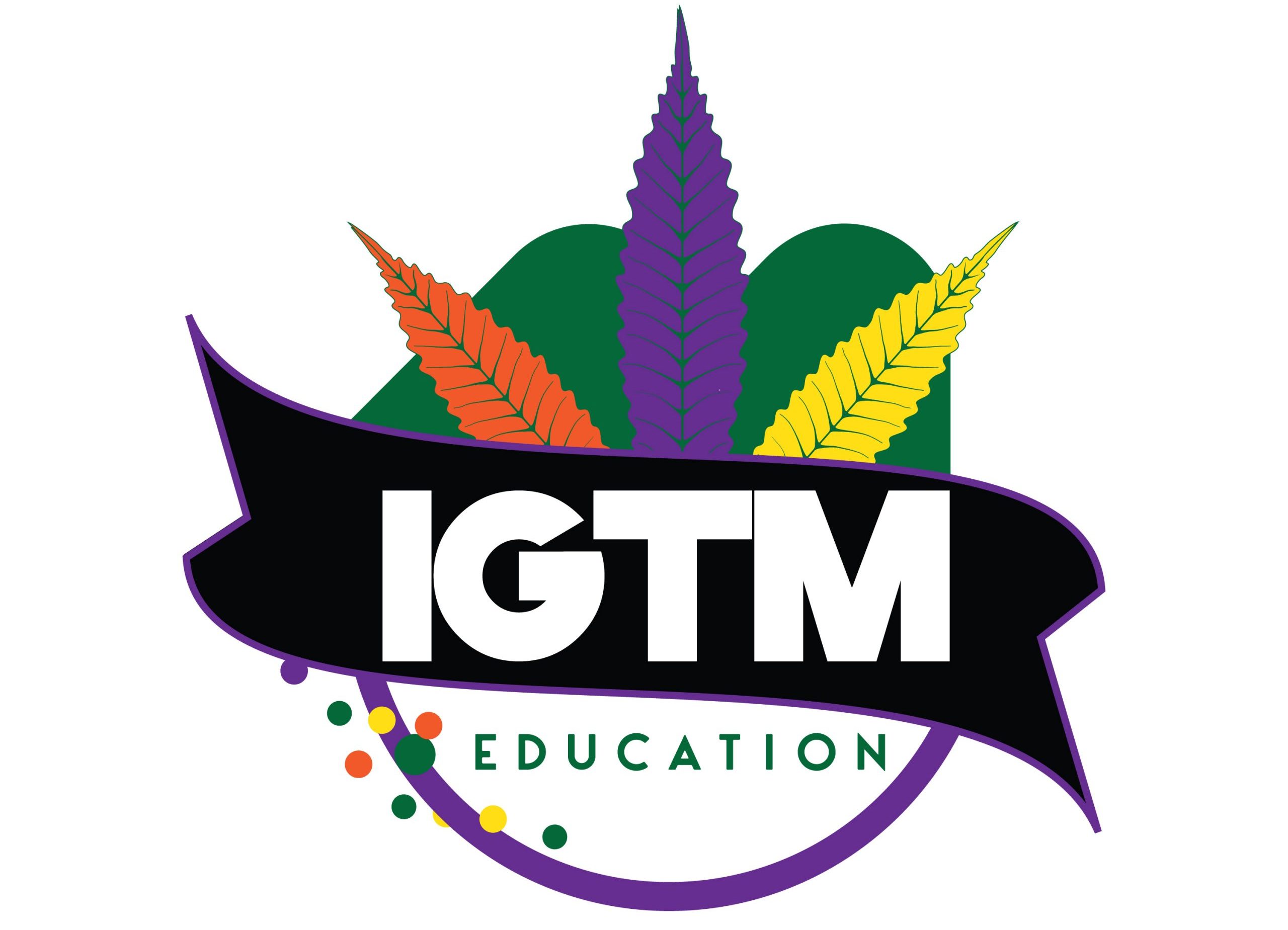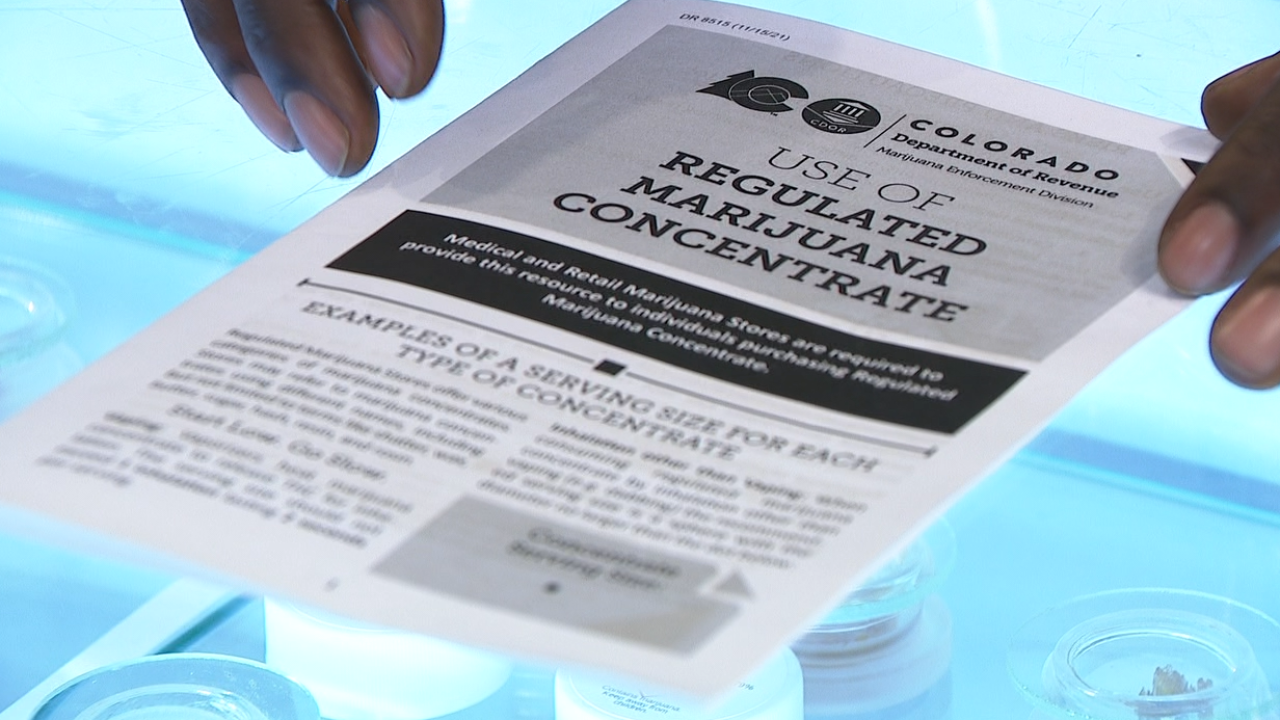
DENVER — The new year is turning a new leaf for the cannabis industry, with a controversial law making a number of changes when it comes to high potency THC cannabis products, like concentrates.
Passed last year, HB21-1317 created a scientific review council to examine the effects of high potency THC on the developing brain and mental health. It also changed the daily concentrate limit for medical cannabis patients from 40 grams a day to eight, which aligns with the customer allowance on the recreational side.
“I do feel like it’s unfair for the people who are using concentrates because they’re using something that was provided by the state that they said was legal, and now they’re trying to dial back on how much you can purchase,” said Rashad Parks, the general manager at Denver Kush Club.
Patients between the ages of 18 and 20 are capped at two-grams of concentrate a day. All licensees that operate in the cannabis industry must track their transactions to ensure a customer is not exceeding their daily limit.
“There may be patients, based on their medical diagnosis, who have difficulty accessing transportation or other mobility concerns that would restrict their ability to access marijuana consistent with their physician’s recommendations. So that’s where there is an opportunity for a patient in consultation with their physician to determine whether they fall within a scenario that should warrant an exception to those, you know, the eight and two gram sales limitations,” said Dominique Mendiola, the senior director for the Department of Revenue’s Marijuana Enforcement Division (MED).
In addition, all dispensaries must now provide customers with an educational pamphlet about THC concentrates when they are purchased. The pamphlets show a suggested serving size for using the concentrate.
Autumn Brooks uses cannabis-based medicine for her fibromyalgia and called concentrates a staple for patients.
“During a flare, I could use possibly five to eight grams in a day. And this has killed that because I cannot go anywhere to purchase, and I can’t afford the gas at being close to $4 a gallon right now to travel every day to pick up the medication,” said Brooks.
Those with the MED said the tax rates are still different between medical and recreational dispensaries. They said medical patients pay a 2.9% sales tax, and retail customers pay a 15% special sales tax.

